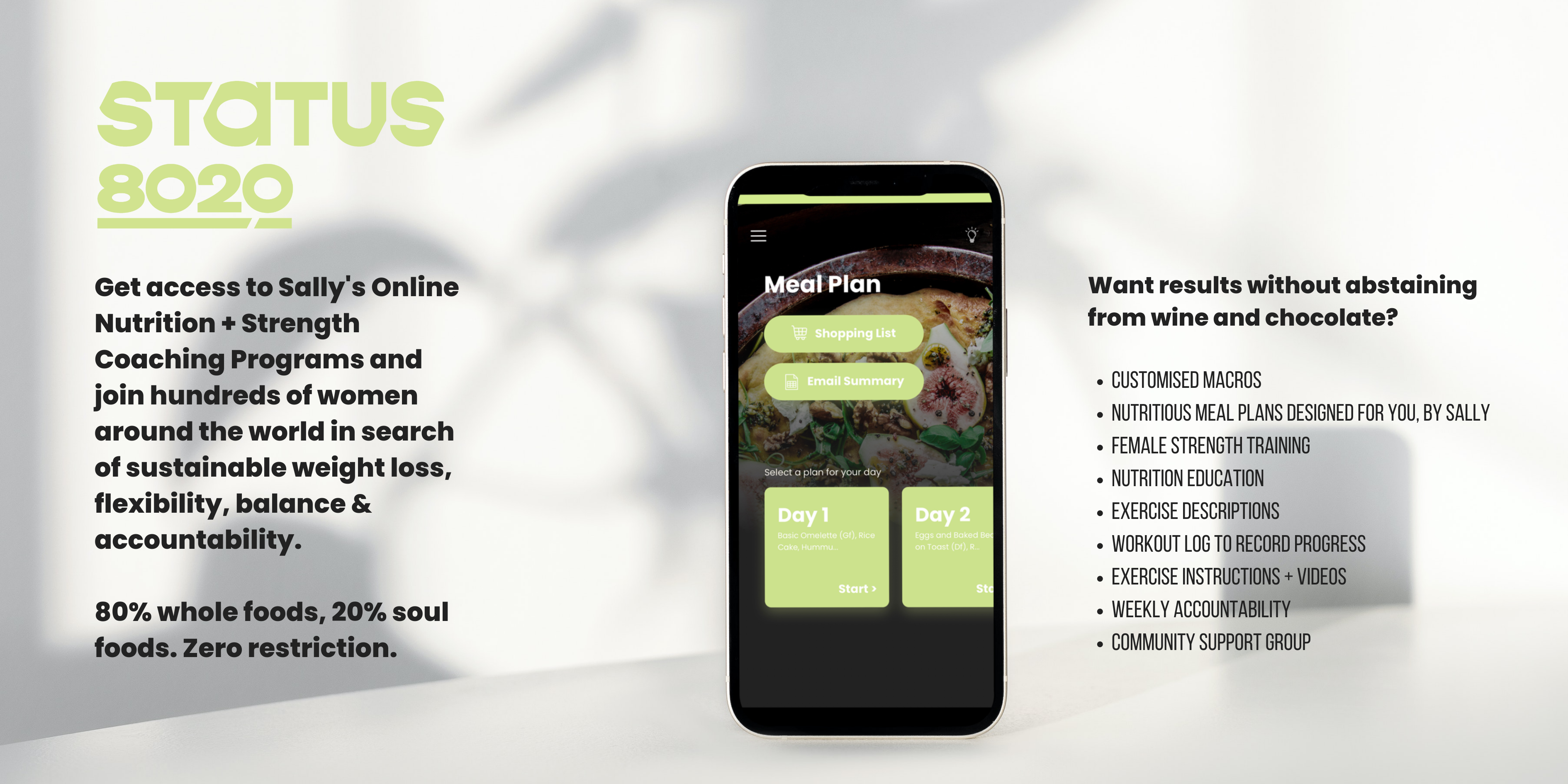I love a green tea - not the earthy Matcha kind (tastes like dirt to me), but the light citrus ones. While all green teas have a number of health benefits, other herbal blends are often overlooked for their medicinal properties. I caught up with Reece Carter, Naturopath and master tea drinker, to shine a light on some other awesome health tonics.

‘Can herbal teas can really help, or if are they just glorified hot water?’ is a question I come up against time and time again as a naturopath. The truth is that a good quality herbal tea, taken regularly, can seriously pack a punch when it comes to your health!
Teas are undoubtedly a gentle medicine, but I’ve seen amazing changes in common health complaints just by adding a few cups of herbal brew in each day. The most important things to consider are the quality of the tea leaves (or roots, or seeds, or petals!) as well as how much you are using and how often you drink it. For a therapeutic effect, the herbs in the tea need to hit the effective dose that was used in traditional herbal texts. Modern science backs up this idea, and it’s no secret amongst naturopaths that getting your herb dosage right is essential for a good outcome.
I may be slightly biased - being a dedicated herb nerd myself – but I also think that the process on making a tea, from boiling the water to slowly sipping the hot elixir, allows us to become involved in our healing. Making a tea is much more time-consuming than popping a pill, and so it forces us to be mindful and present in the experience. So what are my favourites?
-
Licorice:
This root herb is like a salve for weary adrenal glands, slowly but surely nourishing them back to life. It’s a wonderful tonic for those of us who feel tired and depleted, and should be taken two to four times a day to really reap the full benefits. It’s also soothing for a sore throat, and aids digestion. Combine with lavender to reduce anxiety, peppermint to fix tummy troubles, or ginger during a cold.
-
Passionflower:
Known affectionately as ‘passi’, this green vine is an amazing relaxant herb and is one of my favourites for sleep. Make a big pot when you get home from work and start the wind-down process early. Combine with chamomile or lemon balm for a clean, citrusy bedtime tea.
-
Dandelion Root:
This once can be used roasted or unroasted, with roasted being a good replacement for coffee because of the earthy taste. Dandelion root is a great liver herb for those of us feeling sluggish, or who want to give ‘detox’ a go. Ditch the coffees and have at least two of these a day. Combine with burdock, Calendula, and nettle for skin complaints like eczema and acne.
 Gym junkie, clean-eating cook, gardener, and massive herb-nerd, Reece Carter had been interested in natural health for several years when it dawned on him that he could actually make it a career! With a Bachelor of Health Science under his belt and two years of clinical practice, Reece sees clients from the Naturopathic Collective of Australia in Melbourne. Areas of particular focus for Reece include gut health, allergies, weight management, stress and mood disorders. With a YouTube channel that teaches the basics of herbal medicine, Reece has a big dream of empowering you to learn how to make your own home herbal remedies.
Gym junkie, clean-eating cook, gardener, and massive herb-nerd, Reece Carter had been interested in natural health for several years when it dawned on him that he could actually make it a career! With a Bachelor of Health Science under his belt and two years of clinical practice, Reece sees clients from the Naturopathic Collective of Australia in Melbourne. Areas of particular focus for Reece include gut health, allergies, weight management, stress and mood disorders. With a YouTube channel that teaches the basics of herbal medicine, Reece has a big dream of empowering you to learn how to make your own home herbal remedies.
Get social with Reece: Website | Instagram
Do you have any favourite herbal blends you use to better your health? Tell me what and why below!



